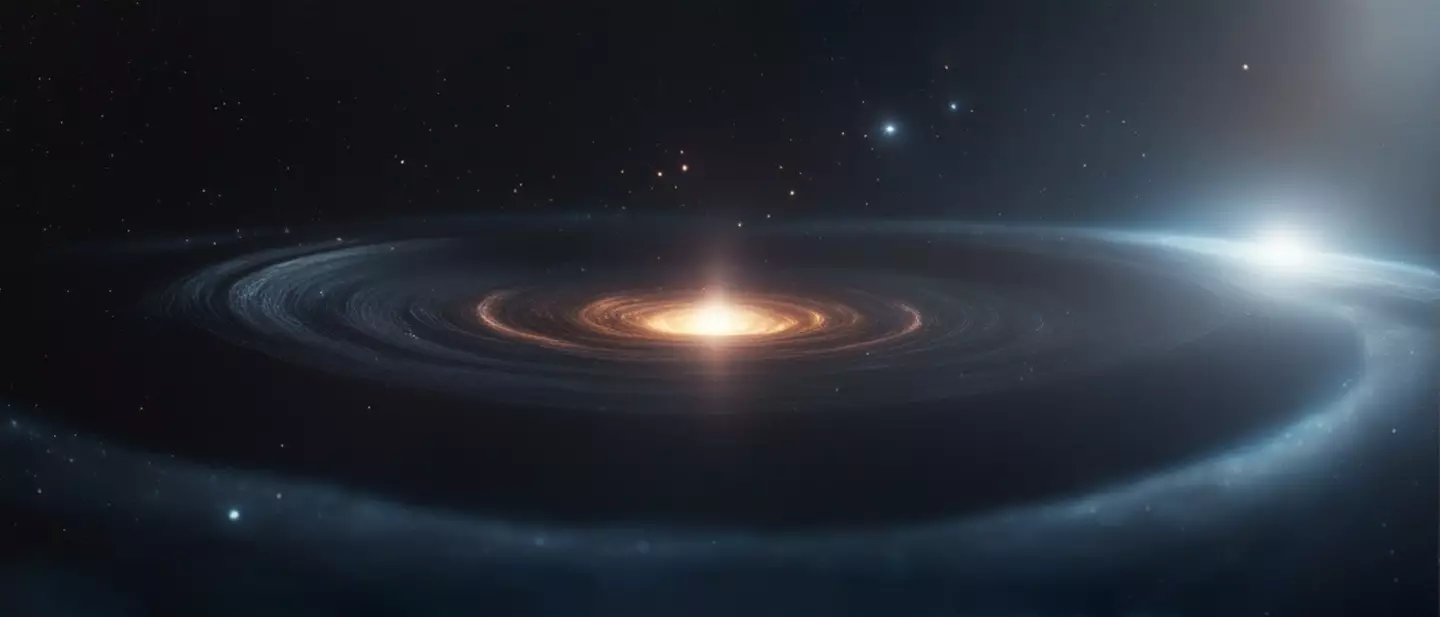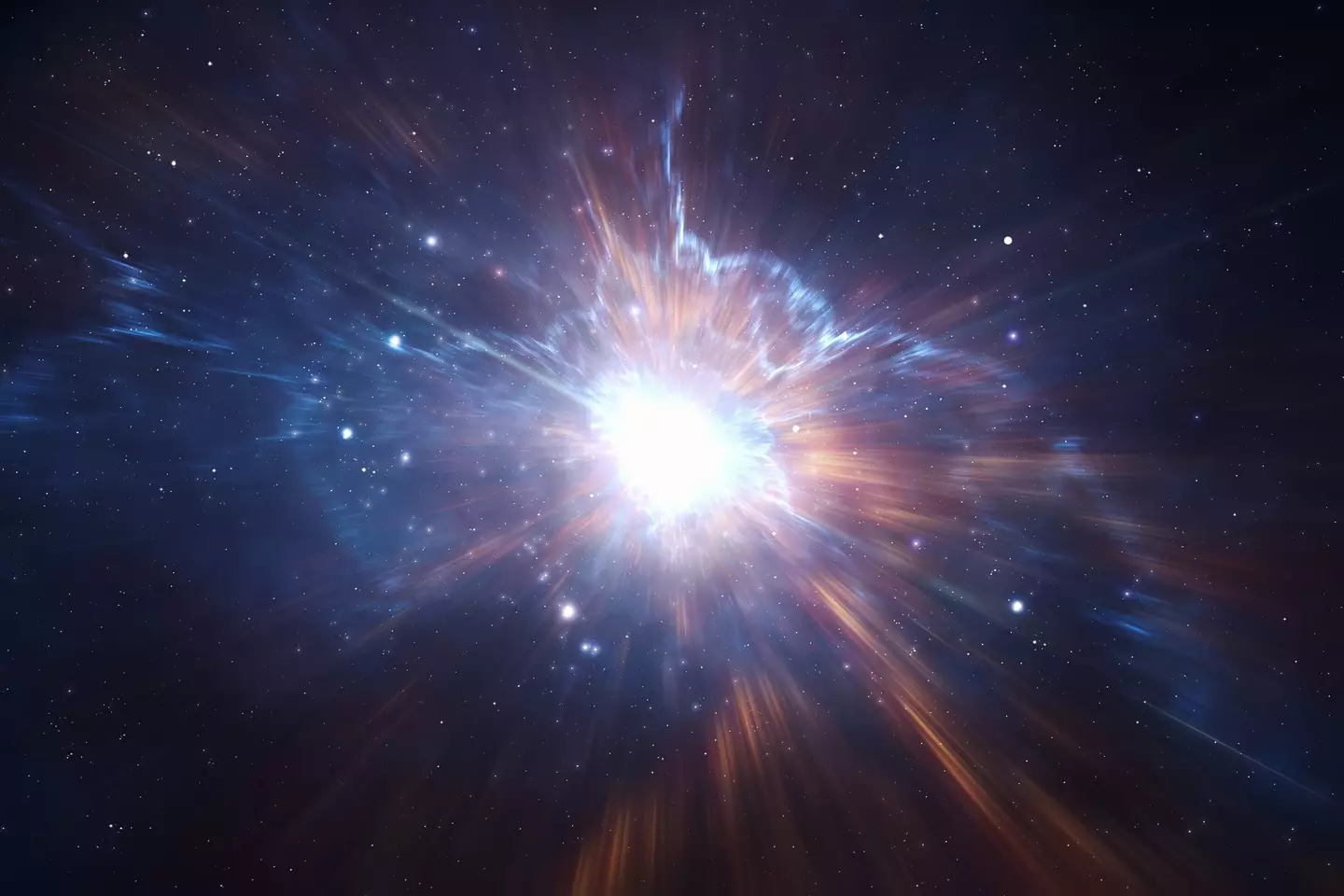The universe is continuously expanding, but experts aren't really sure why.
There are many, many unanswered questions when it comes to space - one of the biggest being if there's really aliens out there.
Another query that was long pondered was if humans would be able to inhabit Mars should everything go to sh*t on Earth, but it's looking unlikely we'll be able safely up sticks to the Red Planet anytime soon.
But a different question at the forefront of many scientists' minds is why the universe is expanding so much and at a faster rate than before.
It was found in 1998 that the universe's rate of expansion was increasing, having first started its rapid expansion 13.8 billion years ago when the Big Bang occurred.
The Big Bang lasted just a fraction of a second before gravity started to slow it down again, says NASA, but nine billion years later, it started to speed up again.
The force that cause the cosmic expansion rate to speed up once more remains a mystery, with scientists dubbing the mysterious entity as dark energy.
As per NASA, 68.3 to 70 percent of the universe is dark energy - even if they're not totally sure what it is and why it's it’s making the universe expand at an accelerating rate.
This may all soon change with the help of the James Webb telescope, though.
The initial discovery of the universe's rate of expansion was found using the Hubble Space Telescope, which confirmed that unknown forces are driving the universe’s accelerated expansion.

The universe is expanding at an increased rate - but experts don't know why (Getty Stock)
What was then dubbed Hubble's Law said that galaxies are moving away from us at a rate of 67-68 kilometers per second per megaparsec, explained Forbes.
But new observations on the James Webb telescope have given a higher value of 70 to 76 kilometers per second per megaparsec - leaving experts stumped.
Speaking on the matter, Adam Riess, the lead author of a new study about the findings, said: "The discrepancy between the observed expansion rate of the universe and the predictions of the standard model suggests that our understanding of the universe may be incomplete.
"With two NASA flagship telescopes now confirming each other’s findings, we must take this [Hubble tension] problem very seriously - it’s a challenge but also an incredible opportunity to learn more about our universe."

The universe first expanded during the Big Bang over 13 billion years ago (Getty Images)
Marc Kamionkowski, a Johns Hopkins cosmologist who helped calculate the Hubble constant, also weighed in on the discrepancies.
"One possible explanation for the Hubble tension would be if there was something missing in our understanding of the early universe, such as a new component of matter—early dark energy—that gave the universe an unexpected kick after the Big Bang," he said.
"And there are other ideas, like funny dark matter properties, exotic particles, changing electron mass, or primordial magnetic fields that may do the trick."
"Theorists have license to get pretty creative," Kamionkowski added.


/cdn.vox-cdn.com/uploads/chorus_asset/file/25590829/Screenshot_2024_08_27_at_9.05.57_AM.png)
)
.png?mbid=social_retweet)


/cdn.vox-cdn.com/uploads/chorus_asset/file/25788501/lenovolegiongos.jpg)
/cdn.vox-cdn.com/uploads/chorus_asset/file/24580907/236603_Best_Laptops_WJoel.jpg)
.png)
/cdn.vox-cdn.com/uploads/chorus_asset/file/23516635/adbenedetto_220508_5192_0047.jpg)
)








 English (US) ·
English (US) ·